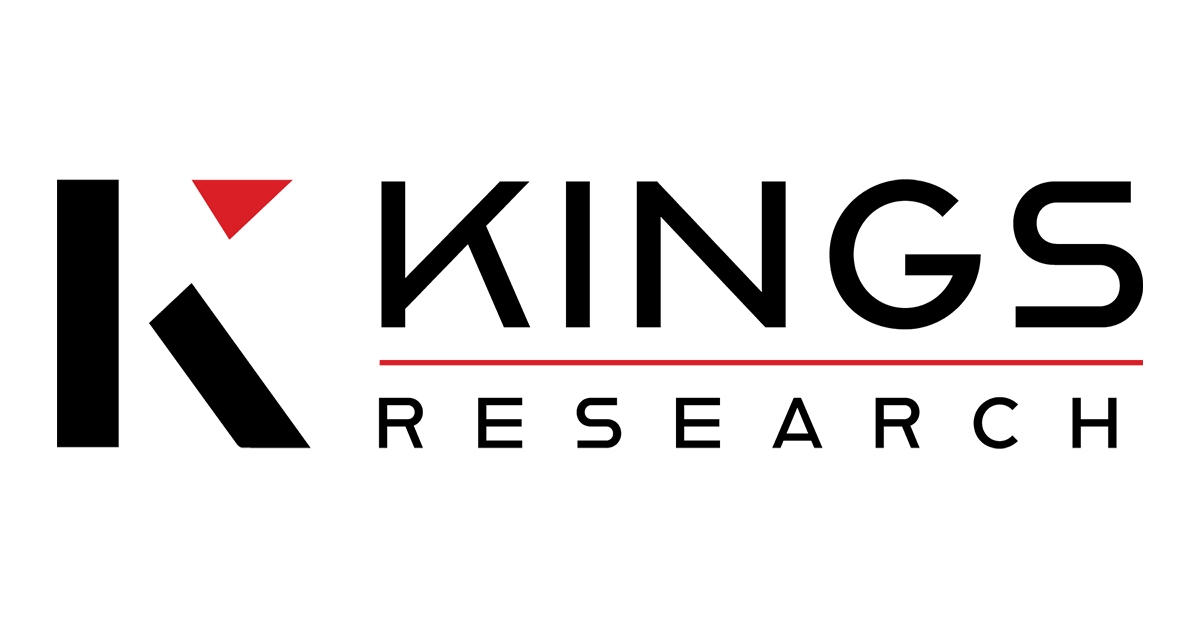Smart Grids and Electrification Trends Propel Global Electrical Bushings Market

The global electrical bushings market size was valued at USD 3,521.5 million in 2024 and is projected to grow from USD 3,708.5 million in 2025 to USD 5,554.6 million by 2032, exhibiting a CAGR of 5.94% during the forecast period.
The global Electrical Bushings Market is gaining significant momentum as electric grid modernization, renewable energy integration, and increased transmission and distribution activities drive demand for reliable and efficient electrical infrastructure. Electrical bushings, critical components for safely conducting electrical current through grounded barriers, are indispensable in power transformers, circuit breakers, and switchgear assemblies.
With rising investments in high-voltage applications, especially in developing economies, the market is projected to see consistent growth across the forecast period. Technological upgrades in materials and monitoring solutions are further elevating bushing performance, safety, and longevity.
Market Growth Overview
- Electrical bushings are increasingly critical in enhancing the safety and performance of transmission and distribution networks.
- Governments and private players are investing heavily in infrastructure projects, especially to support renewable energy and smart grid systems.
- Demand for high-voltage bushings is growing with the expansion of ultra-high-voltage transmission lines.
- A shift from conventional materials like porcelain to modern composites is transforming the industry dynamics.
Market Trends
- Digital Monitoring Integration: Condition monitoring and IoT-enabled bushings are becoming mainstream, enabling predictive maintenance and real-time diagnostics.
- Composite Materials Adoption: Lightweight and more resilient polymeric bushings are replacing traditional porcelain in many settings due to better mechanical and hydrophobic properties.
- Decentralized Energy: As microgrids and distributed energy systems scale, low- and medium-voltage bushings gain prominence.
- Sustainability Focus: Manufacturers are adopting recyclable, low-impact materials and leaner production processes to meet global environmental standards.
Unlock Key Growth Opportunities: https://www.kingsresearch.com/electrical-bushings-market-2633
List of Key Companies in Electrical Bushings Market:
- ABB
- Siemens
- General Electric
- Eaton
- Thorne & Derrick
- Hubbell
- RHM International, LLC.
- MacLean Power Systems.
- Lapp Insulators GmbH
- Hitachi Energy Ltd
- TOSHIBA CORPORATION
- Polycast International
- Ahlstrom
- Weidmann Holding AG
- HSP Hochspannungsgeräte GmbH
Key Market Drivers
- Grid Modernization Initiatives: Upgrades to aging infrastructure and integration of renewable sources such as solar and wind are expanding the scope for advanced bushings.
- Electrification of Developing Economies: Rapid industrialization and urbanization across Asia, Africa, and Latin America are increasing energy demand and transmission network expansions.
- Rise in HVDC Projects: High-voltage direct current projects, which require advanced insulation systems, are a key growth area for bushing manufacturers.
- Substation Automation: Automation and digitization at substations are driving the adoption of smarter, sensor-embedded electrical bushings.
Market Challenges
- High Cost of Advanced Bushings: Polymeric or resin-impregnated bushings, although more efficient, tend to be more expensive than traditional alternatives.
- Long Replacement Cycles: Electrical bushings have long operational lifespans, which can slow the replacement demand in mature markets.
- Complex Installation and Testing: High-voltage bushings require precision handling and testing, adding to installation costs and time.
Market Segmentation
By Insulation Type
- Oil-Impregnated Paper (OIP): Widely used in high-voltage applications, though slowly being phased out in favor of newer technologies.
- Resin-Impregnated Paper (RIP): Offers better thermal performance and is gaining traction in modern networks.
- Resin-Bonded Paper (RBP): Utilized in specific low- and medium-voltage equipment.
- Gas-Insulated (SF6/others): Gaining popularity for compact substation designs.
- Hybrid and Composite: Merging insulation types to enhance performance in harsh climates.
By Voltage Rating
- Low Voltage (<1kV)
- Medium Voltage (1kV–72.5kV)
- High Voltage (Above 72.5kV)
By End Use
- Transformer Bushings
- Switchgear Bushings
- Circuit Breakers
- Wall Bushings
- Others (Capacitors, Reactors)
Key End-Use Industries
- Power Utilities: The largest user base, with a focus on high-voltage transmission and distribution.
- Industrial: Steel, cement, chemical, and manufacturing sectors demand reliable bushings for high-load operations.
- Railways: Electrified rail networks employ bushings in various equipment including locomotives and substations.
- Renewable Energy: Wind turbines and solar farms integrate bushings in transformers and power electronics systems.
Regional Analysis
North America
- Modernization of grid infrastructure and renewable expansion in the U.S. and Canada fuels steady market activity.
- Replacement of aging transformer assets also contributes to demand.
Europe
- Strong regulatory focus on energy efficiency and renewable adoption.
- Utilities are increasingly adopting RIP and composite bushing solutions for offshore wind and compact substations.
Asia-Pacific
- The region leads the global market due to massive infrastructure growth in China, India, and Southeast Asia.
- Government programs focused on rural electrification and grid reliability boost long-term demand.
Latin America & Middle East & Africa
- Investments in energy infrastructure are increasing, driven by energy access programs and electrification mandates.
- Adoption is rising for modular, lightweight, and cost-effective bushing technologies.
Future Outlook and Strategic Recommendations
The Electrical Bushings Market is set to benefit immensely from the global electrification drive and the transformation of legacy power systems. As the need for grid reliability, compact equipment, and energy monitoring continues to evolve, manufacturers that adapt to digitalization and sustainability will gain the competitive edge.
Strategic Moves for Stakeholders:
- Utilities should adopt sensor-equipped bushings to enable predictive maintenance and minimize outages.
- OEMs must focus on lightweight, moisture-resistant composite designs suited for compact substations.
- Regulators and policymakers should standardize quality frameworks and promote digital grid initiatives.
- Vendors need to enhance service and testing capabilities to meet the performance standards of next-gen power systems.
- Art
- Causes
- Crafts
- Dance
- Drinks
- Film
- Fitness
- Food
- Games
- Gardening
- Health
- Home
- Literature
- Music
- Networking
- Other
- Party
- Religion
- Shopping
- Sports
- Theater
- Wellness

